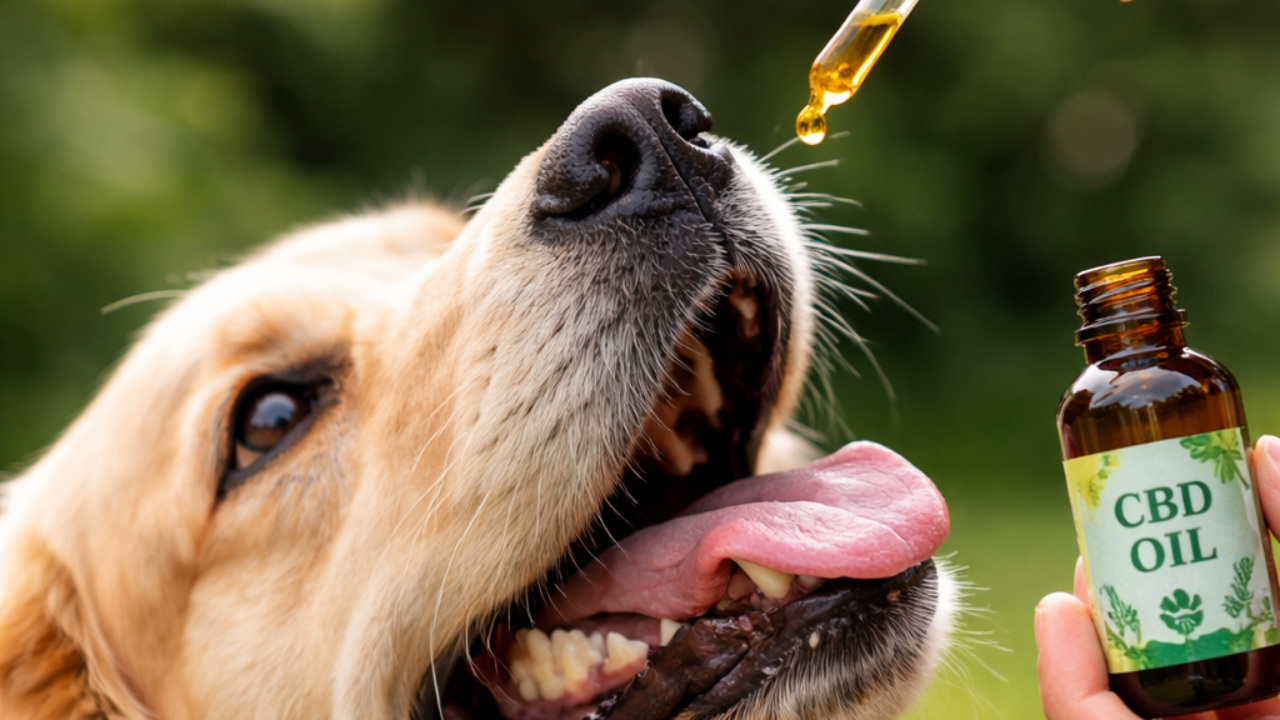Recognizing the Signs of Common Digestive Issues in Dogs
Jan 10, 2025
Digestive issues are a common concern for dog owners, as they can lead to discomfort, pain, and even more severe health problems if left untreated. Understanding the potential causes, symptoms, and treatment options for digestive issues in dogs is crucial for maintaining your furry friend's overall well-being.
Common Digestive Issues in Dogs
Dogs can experience a range of digestive problems, some of which may be mild and temporary, while others can be chronic or more severe. Some common digestive issues in dogs include:
- Gastroenteritis: Inflammation of the stomach and intestines, often caused by a sudden change in diet, bacterial or viral infections, or ingestion of foreign objects or toxic substances.
- Food Allergies or Intolerances: An adverse reaction to specific food ingredients or additives, which can cause gastrointestinal symptoms such as vomiting, diarrhea, and gas.
- Inflammatory Bowel Disease (IBD): A group of chronic conditions characterized by inflammation of the gastrointestinal tract, which can lead to symptoms like vomiting, diarrhea, and weight loss.
- Pancreatitis: Inflammation of the pancreas, often caused by high-fat diets, obesity, or certain medications, leading to symptoms like abdominal pain, vomiting, and diarrhea.
- Parasites: Intestinal parasites, such as worms or protozoans, can cause gastrointestinal symptoms like diarrhea, vomiting, and weight loss.
Recognizing the Signs of Digestive Issues in Dogs
Being able to identify the symptoms of digestive problems in your dog is essential for early intervention and treatment. Some common signs to look out for include:
- Diarrhea or constipation
- Vomiting or regurgitation
- Abdominal pain or bloating
- Loss of appetite or weight loss
- Excessive gas or flatulence
- Lethargy or weakness
If you notice any of these symptoms in your dog, it's essential to consult with your veterinarian to determine the cause and appropriate treatment plan.
Managing Digestive Issues in Dogs
The treatment and management of digestive issues in dogs will depend on the underlying cause and severity of the problem. Some general tips for managing digestive issues in dogs include:
- Gradual Dietary Changes: If you need to change your dog's diet, do so gradually over several days to avoid causing gastrointestinal upset. Most change over a 7-day period of time.
- Feeding a Balanced Diet: Ensure your dog's diet is balanced and appropriate for their age, size, and activity level to promote overall digestive health. Consult a canine nutritionist if you are concerned your dog isn't getting enough nutrients.
- Regular Veterinary Checkups: Routine veterinary checkups can help catch potential digestive issues early and ensure your dog's overall health is maintained.
- Probiotics and Digestive Enzymes: In some cases, supplementing your dog's diet with probiotics or digestive enzymes may help support healthy digestion and alleviate symptoms.
- Hydration: Ensure your dog always has access to fresh water, as dehydration can exacerbate gastrointestinal symptoms.
- Parasite Prevention: Regular deworming and parasite prevention can help protect your dog from gastrointestinal parasites that can cause digestive issues.
Consulting with Your Veterinarian
If you suspect your dog is experiencing digestive issues, it's crucial to consult with your veterinarian. They can perform a thorough examination, run diagnostic tests, and determine the appropriate treatment plan based on the specific cause of your dog's symptoms.
If you’re looking for help ensuring your dog is getting the right nutrition, contact a trusted canine nutritionist. We recommend Hannah Zulueta with Daily Dog Food Recipes. Use code DRAKE to get 5% off of any consultation. Click here to book your consult!
Taking Care of Digestive Issues
Digestive issues in dogs can range from mild and temporary to more severe and chronic conditions. By being aware of the common causes, symptoms, and management strategies, you can help ensure your furry friend's overall well-being and comfort. Early detection and intervention are essential in preventing potential complications and maintaining your dog's quality of life.
References
Caddy SL. New viruses associated with canine gastroenteritis. Vet J. 2018 Feb;232:57-64. doi: 10.1016/j.tvjl.2017.12.009. Epub 2017 Dec 13. PMID: 29428093; PMCID: PMC7110870.
Mesquita JR, Nascimento MS. Gastroenteritis outbreak associated with faecal shedding of canine norovirus in a Portuguese kennel following introduction of imported dogs from Russia. Transbound Emerg Dis. 2012 Oct;59(5):456-9. doi: 10.1111/j.1865-1682.2011.01284.x. Epub 2011 Dec 11. PMID: 22151979.
Rodríguez A, Rodríguez F, Peña L, Flores JM, Gonzalez M, Castaño M. Eosinophilic gastroenteritis syndrome in a dog. Vet Q. 1995 Mar;17(1):34-6. doi: 10.1080/01652176.1995.9694527. PMID: 7610555.
Trotman TK. Gastroenteritis. Small Animal Critical Care Medicine. 2015:622–6. doi: 10.1016/B978-1-4557-0306-7.00117-3. Epub 2014 Jun 25. PMCID: PMC7152429.
Become a Dog Cancer Coach.
Transform your passion for dogs into a meaningful, heart-led career with our Holistic Dog Cancer Coach Certification—an in-depth, flexible online program designed for compassionate caregivers ready to make a difference.
Stay connected with news and updates!
Join our mailing list to receive the latest news and updates from our team.
Don't worry, your information will not be shared.
We hate SPAM. We will never sell your information, for any reason.





